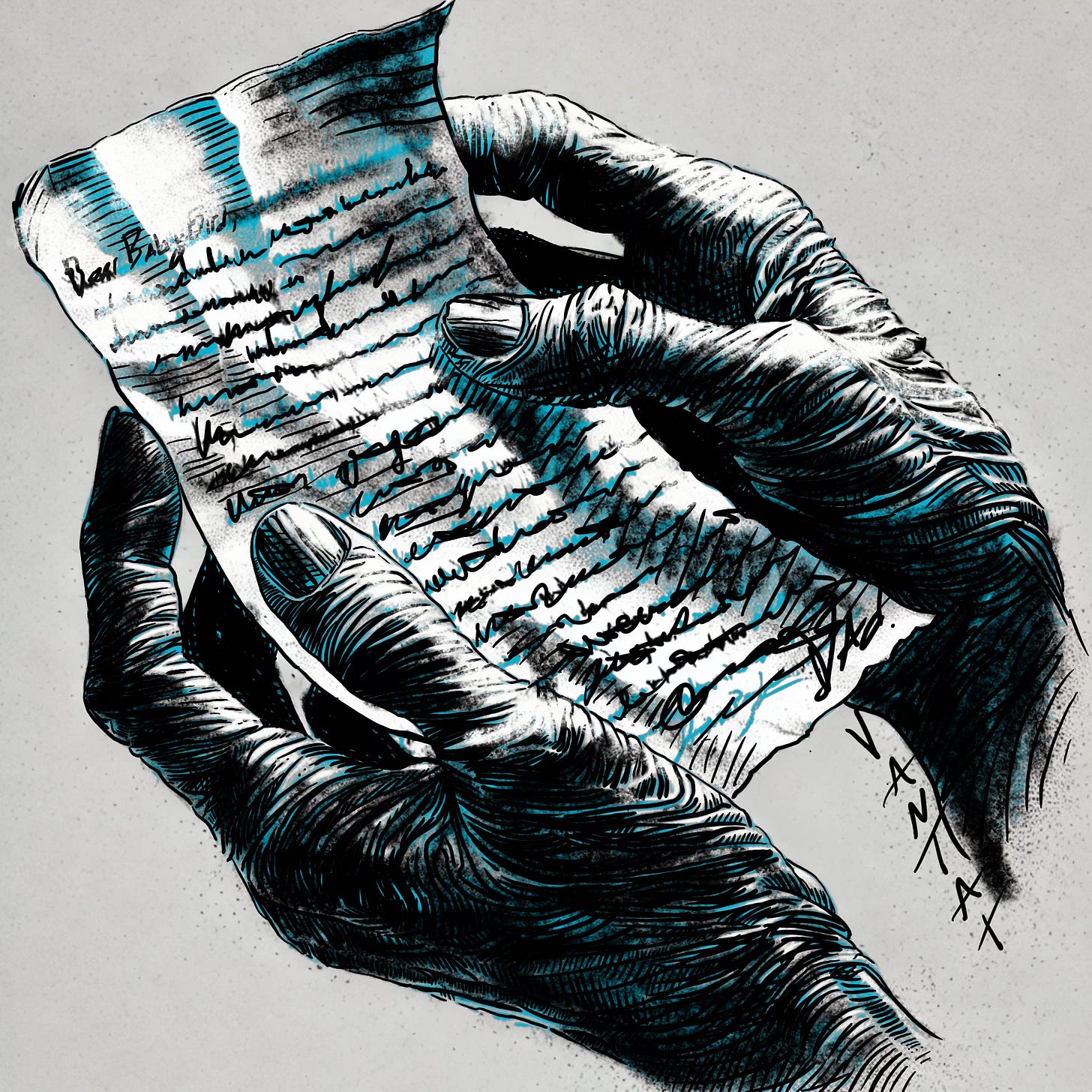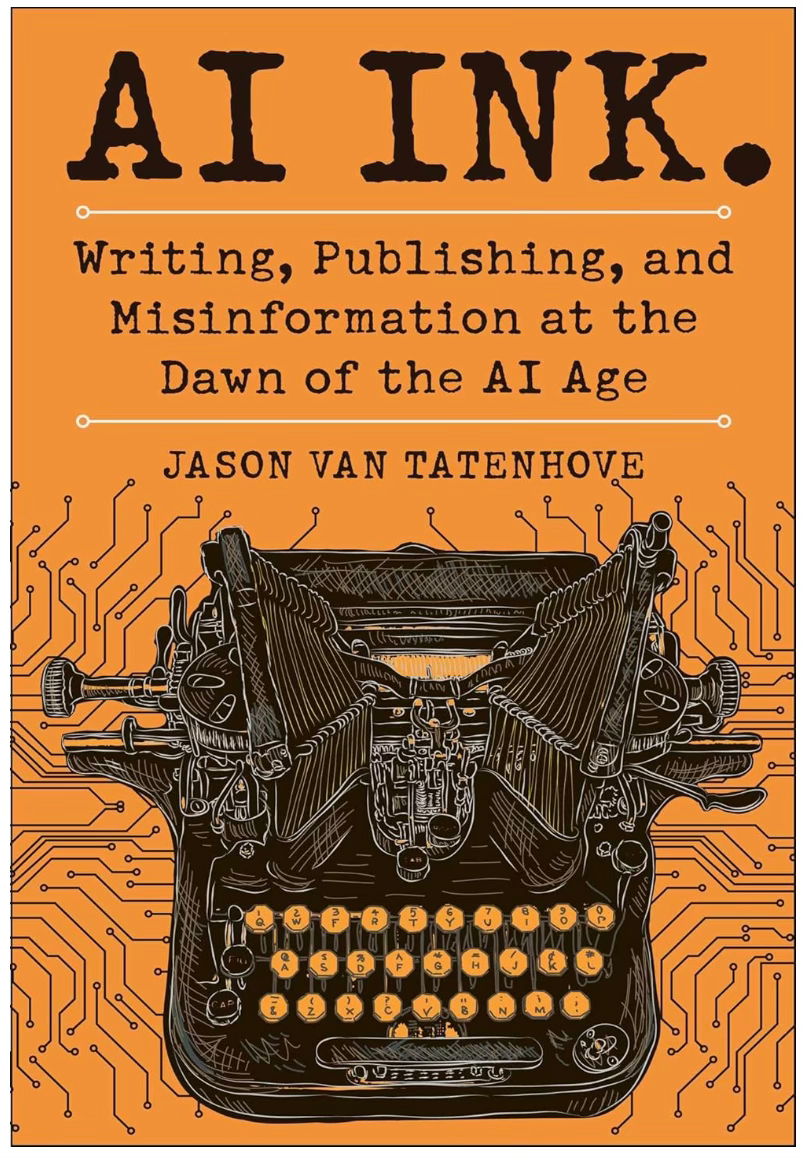Raven didn’t remember running back through the streets. By the time she reached her apartment, her body was soaked in sweat, gasping for air like she’d been drowning. The windows of the building were dark, casting an eerie stillness over the familiar facade. She reached for the door handle, her hand trembling as she realized she’d left it unlocked in her rush to meet the professor.
Her movements felt strange, detached, as if she were floating above herself, watching from a distance. It was a sensation she hadn’t felt since her mother died—like being trapped in a dream that was spiraling into a nightmare. The door creaked as she pushed it open, and she quickly locked all three locks behind her, including the flimsy chain that she knew wouldn’t stop anyone. The cold sweat on her back pressed into the door as she slid down to the floor, hugging her knees tightly to her chest.
The sobs came then, racking her body in waves. She tried to keep them quiet, but the dam broke, and the tears spilled freely. She cried for her father, for the professor, for herself—drowning in the weight of everything that had been ripped away from her in a single day.
Minutes passed, and her breathing began to steady. She wiped her face with her sleeve and whispered to herself, “Pull it together, Raven. He can’t see you like this.” Her father had enough to worry about without her falling apart in front of him.
It was then she heard it: a steady, unnatural tone cutting through the silence.
She froze, her breath catching in her throat. “What the hell is that?” she murmured aloud, her voice hoarse from crying. The sound was electronic, insistent—a high-pitched alarm that didn’t belong. Then recognition struck her like a physical blow. She bolted upright. “Oh no. Oh no. Dad!”
She sprinted to his bedroom, dread clawing at her chest. The sound grew louder, sharper. It wasn’t the usual rhythmic beep of his pulse monitor—it was a single, continuous note. She threw open the door, the sight before her confirming what her heart already knew.
Her father lay still in bed, his face pale, ashen, tinged with blue. His hands were folded across his chest, clutching a piece of yellow-lined paper. His old laptop rested beside him, magazines and newspapers strewn across the blanket as if he’d been reading his old work one last time.
Raven’s breath hitched as she stepped closer. “Dad…” she whispered, her voice trembling. She reached out but stopped short, her fingers hovering just above his cold hand. The world seemed to narrow around her, all sound fading except for the endless, accusing tone of the monitor.
She turned to the machine, pressing the power button with shaking fingers. The tone faded into silence, leaving the room unbearably still. For the first time since she’d moved him in, the constant hum of medical equipment was gone.
Her knees buckled, and she fell to the floor beside the bed, her hands clutching the edge of the mattress. The tears came again, harder this time, blurring her vision as a raw, guttural wail escaped her throat. It was the sound of everything inside her breaking—grief, rage, despair—pouring out in a torrent she couldn’t stop.
She looked up through tear-blurred eyes, the note in his hands catching her attention. Slowly, she reached for it, her fingers brushing against the paper. It felt too small, too fragile to hold the weight of whatever words he had left for her.
Time lost all meaning. Raven felt herself slipping away from it, untethered, as the raging storm of her grief took hold. It wrecked her like a hurricane tearing through fragile land, wild and relentless—until it wasn’t. Until the force of it drained, leaving her hollow, exhausted, and shivering.
Sweat clung to her skin, a cold sheen from her desperate sprint home, mixing with the wet patches of tears that had soaked through her shirt. Slowly, she began to drift back to the living world—a world her father and the professor no longer inhabited.
The silence struck her first.
No more background hum of machines. No more rhythmic beeps tracking a failing heartbeat. No more of her father’s rants about the world unraveling. No more of his wracking coughs that, toward the end, brought up blood and bile, leaving her helpless to do anything but watch. No more of the familiar rush of life at the lab—only the stillness of loss, thick and suffocating.
She was alone.
For the first time in her life, she had no anchor. When her mother had died, her father and the professor had been there to pull her through. But now? No one. Not a single soul to turn to.
Maybe that was a blessing.
They had killed the professor without hesitation. There was no doubt in her mind they would come for her next—and anyone she cared about. Maybe the professor had been right. Maybe this was fate. Maybe the best thing she could do was remove herself from the game entirely, slip off the board before they had a chance to do it for her.
Because things weren’t going to get better.
They were only going to get worse.
Her breath hitched. The weight of it all pressed down like an iron hand around her throat.
Then, her father’s voice surfaced in her mind.
“Lovie—you and your generation are going to have to be the ones who stand up and fix this. If you don’t seize your future, you simply won’t have one at all.”
She had brushed him off so many times when he said things like that. Rolled her eyes, accused him of being dramatic. But now, sitting in the wreckage of her life, she saw it for what it was. The truth.
Her fingers twitched. That’s when she remembered—his note.
The paper, now crumpled, was still clenched in her trembling fist. She hadn’t realized how tightly she’d been holding it, the edges softened from the force of her grip.
Her muscles ached as she finally forced her fingers to release, letting out a breath she hadn’t known she was holding.
Then, with unsteady hands, she unfolded the note.
To my dearest baby bird,
I am so sorry it has come to this. I need you to know—this was my choice. There is nothing you could have done to change it. It is mine to own, and mine alone.
But more than anything, I need you to understand this: You are the greatest story I have ever had the honor of helping write. And I am so damn proud of you. Not just for what you’ve accomplished, but for who you are. For the fire in you. For your brilliance, your stubbornness, your refusal to back down, even when life has tried to grind you into dust.
You were never a burden. Not for one second. If anything, you are the only thing in this world that ever truly made sense. You helped me see through the bullshit—the jobs, the distractions, the empty promises of a system designed to break us. You reminded me what actually mattered. Love. Family. Fighting for something real. And I would make every sacrifice all over again if it meant having you as my daughter.
I just wish I could have done more. I wish I had been able to fight harder—for you, for your future, for the world I wanted you to have. But I know now that my time is up. My voice was never going to be enough.
Yours, however, is another story entirely.
I spent my whole life believing that if we just exposed the truth, if we just showed people the facts, they would wake up and change things. But that’s not how power works. They don’t care if we see them. They only care that we don’t stop them.
And that’s what you’re going to have to do, my love.
I hate that I’m leaving you in this broken world. I hate that I can’t be there to guide you through what’s coming. But listen to me—this fight is not yours alone to carry. You are not alone, not really. There are others out there, watching, waiting. People who know that change doesn’t come from begging the powerful to listen. It comes from tearing down the foundation they stand on.
They want you scared. Silent. Small. Don’t give them that.
You have everything you need. More than you know. But if you want a future, if you want anyone to have a future, you will have to burn the old world to the ground. Their power isn’t in their leaders—it’s in their systems, their backups, their safety nets that ensure they always land on their feet while the rest of us drown. Take those away. Make them feel what it’s like to lose.
Start small. Find the cracks. Pull at the threads. And never, never let them make you forget what you are fighting for.
A wildfire doesn’t begin as an inferno. It starts with a single spark. And baby bird, you are that spark.
I only wish I could be there to see it.
I hope—no, I know—that one day, when your time here is done, Your mother and I, we’ll find each other and you again. Until then, I will be with you in every step you take, in every impossible choice, in every fire you light.
And I will always love you.
Dad
Raven let out a slow, shuddering breath, her fingers tightening around the letter. Her father’s words settled into her bones like iron—heavy, unyielding. He was gone. The last tether to her old life had been severed. And she was utterly, devastatingly alone.
She looked at him one last time, his face finally at peace, his body framed by the mementos of his best work. He had fought for a future that would never come. But maybe, just maybe, she could be the one to finish what he started.
A buzzing in her pocket pulled her back. The damned nursing line. The ones who were supposed to be here. The ones who were supposed to help.
She ripped the phone out of her pocket and answered without preamble. “Where were you? You were supposed to be here tonight.”
“Ms. Marlowe, I apologize, but your father’s insurance has been canceled. We cannot provide service unless you can pay upfront. We require a prorated payment of two thousand dollars to dispatch a nurse and continue care.”
Raven felt something inside her snap. A deep, seething rage coiled tight in her gut.
“A bullshit racket,” she spat. “He paid into your system his whole damn life, and the second there’s nothing left to take, you cut him off? He died alone, and you let it happen.”
“Ma’am, I’m sorry for your loss, but in order to collect the medical equipment, his account must be brought current. Late fees will accrue daily until the balance is settled. I can dispatch a medical examiner for collection of the deceased.”
A cold, empty laugh bubbled from Raven’s throat. That was it, wasn’t it? Every last piece of this world was designed to drain you, bleed you dry, and then charge you for the privilege of dying.
“Fuck you,” she whispered.
“Ma’am, I’m going to have to terminate this call and report your threats to local law enforcement—”
Raven hung up. The time for screaming was over. The time for action had begun.
Her father was right. The professor was right. This world had no future. Not for her. Not for anyone. And if she wanted to survive—if she wanted to make sure no one else lived through what she had—then she would have to burn the whole damn thing down.
She looked at her father again, lying there in the dim glow of the streetlights filtering through the blinds. He looked like an ancient warrior, surrounded by the tools of his war. His laptop clutched to his chest like a shield, his awards scattered like weapons of a lost battle.
A Viking funeral.
She moved with eerie calm, dousing the bed and carpet in the flammable cleaning solution meant for his medical equipment. The flames would consume everything—the pain, the loss, the past. She would not let them turn him into another forgotten casualty of this broken world.
She grabbed her backpack, slinging it over her shoulder, and pulled the fire alarm. The wail of it filled the apartment complex as she stepped out, watching the chaos unfold.
Then, as she reached for her bag, she felt the unexpected weight. Too heavy. Too solid.
Her breath hitched as she unzipped it and saw the black, carbon-fiber brick inside.
She turned it over in her hands, her pulse hammering in her ears. A single blue-white dot appeared on the surface, blinking in three slow pulses. Then, text flickered across the top:
{Raven Marlowe, I am Phoebe. You are in immediate catastrophic danger. Evacuate the premises immediately. Then, put in your headphones. We have a critical, time-sensitive task to complete.}
Raven swallowed hard. She stuffed the device back into her bag, pulled up her hood, and walked out into the smoke-filled night.
Let the past burn.
Let the future begin.




